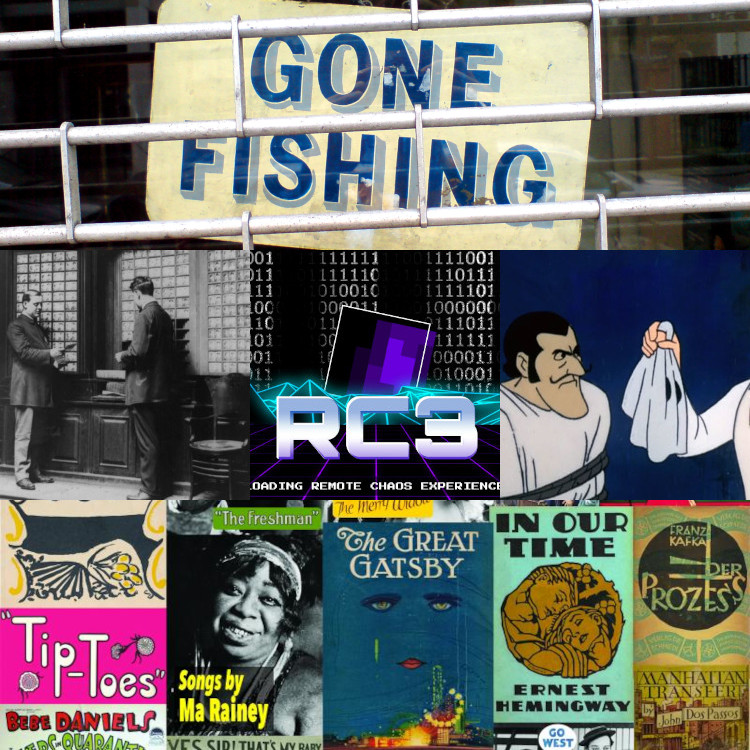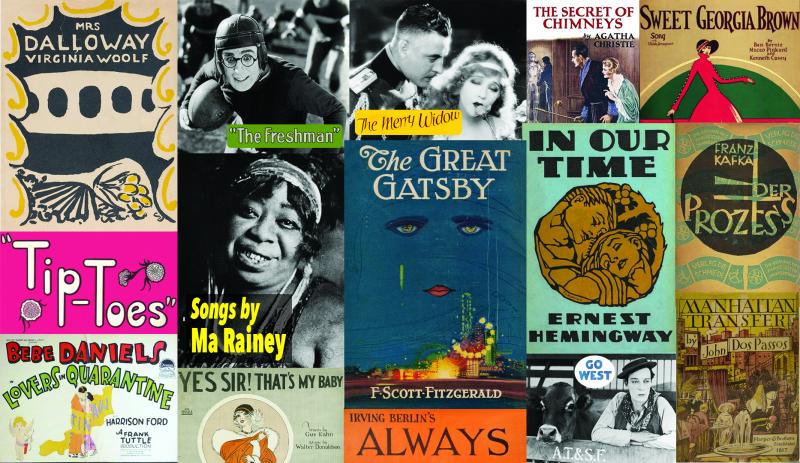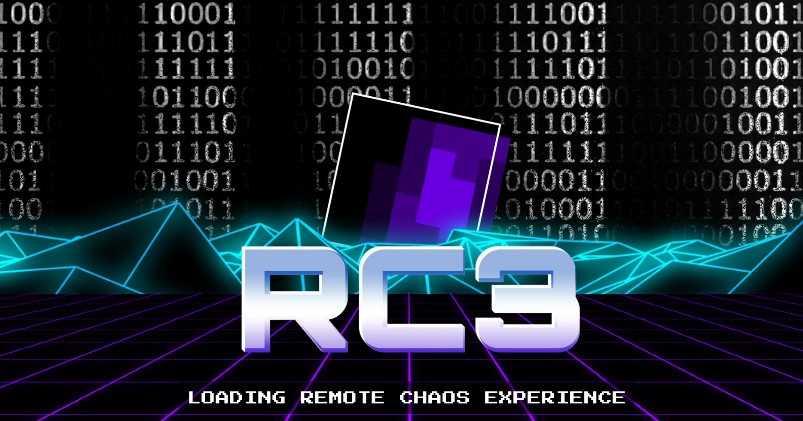
The Panama Papers, the Paradise Papers, Swissleaks, Lichtenstein Leaks, the Fincen Files - the past decade has been filled with financial secrecy scandals wherein we learned how the world's worst people hide the world's dirtiest money.
1/
1/
Governments have fallen as a result of these leaks. Journalists have been murdered for reporting them, whistleblowers have been imprisoned for telling the truth. These are a high-stakes window on the corruption, self-dealing and viciousness of the 1% and their criminal pals.
2/
2/
One critical revelation is the role that "onshort-offshore" plays in money-laundering: rich countries with a reputation for a strong rule of law and good governance are the lynchpin of global financial secrecy, thanks to lax corporate enforcement.
3/
3/
Money laundering, tax-evasion, bribery and other finance crimes were only possible because places like New Zealand, the City of London, Scotland, and US tax-havens like Delaware, Nevada and Wyoming knowingly abetted them.
4/
4/
Anti-financial-secrecy campaigners have made major progress in shutting down onshore-offshore havens, and now they've scored a massive victory in the USA, with the inclusion of an anti-money-laundering amendment to the defense bill.
icij.org/investigations…
5/
icij.org/investigations…
5/
It's a must-pass bill, and there's always intense jockeying to attach other legislation to it, virtually guaranteeing its passage (this is not always a good thing: Trump wants terrible, dangerous changes to internet law included in the bill):
eff.org/deeplinks/2020…
6/
eff.org/deeplinks/2020…
6/
The Corporate Transparency Act requires that all US companies report their true owners to the US Treasury's Financial Crimes Enforcement Network (Fincen). This will make Fincen investigations vastly cheaper...and more effective.
7/
7/
It's got strong bipartisan support, and is the culmination of a decade of debate, consultation and coalition-building. It passed the House and Senate with a nominally veto-proof majority.
8/
8/
That doesn't mean it will pass. Trump has threatened to veto it, and many GOP lickspittles in both houses have vowed to back the president if he overturns their vote.
9/
9/
Even if that happens, it seems likely that the Corporate Transparency Act will pass as standalone legislation - its support comes from all quarters, from the Chamber of Commerce to Friends of the Earth, from Transparency International to Dow Chemicals.
eof/
eof/
• • •
Missing some Tweet in this thread? You can try to
force a refresh








